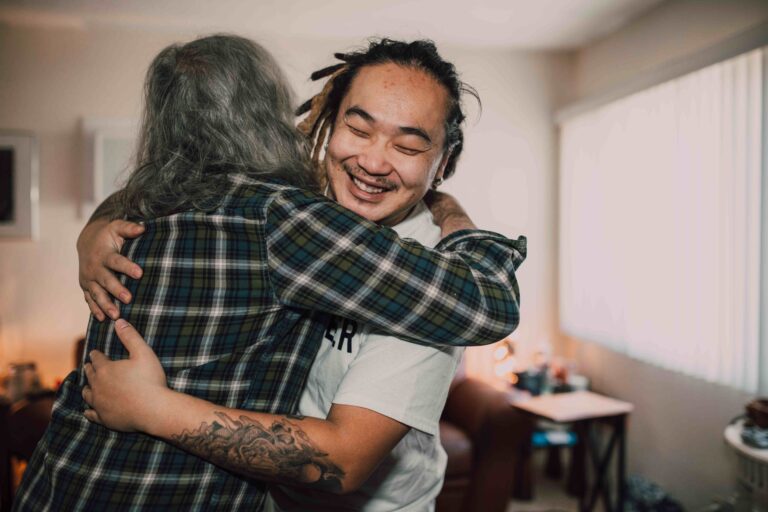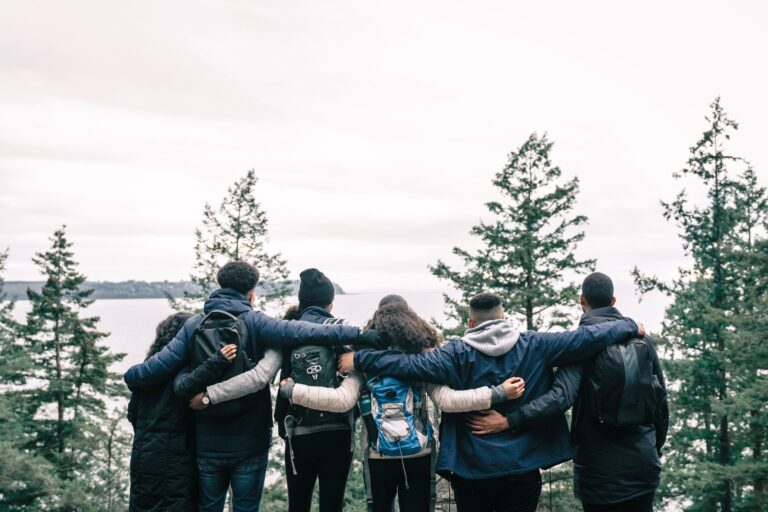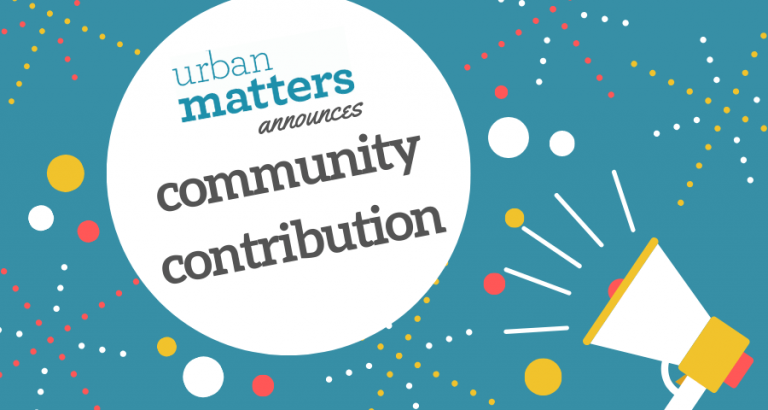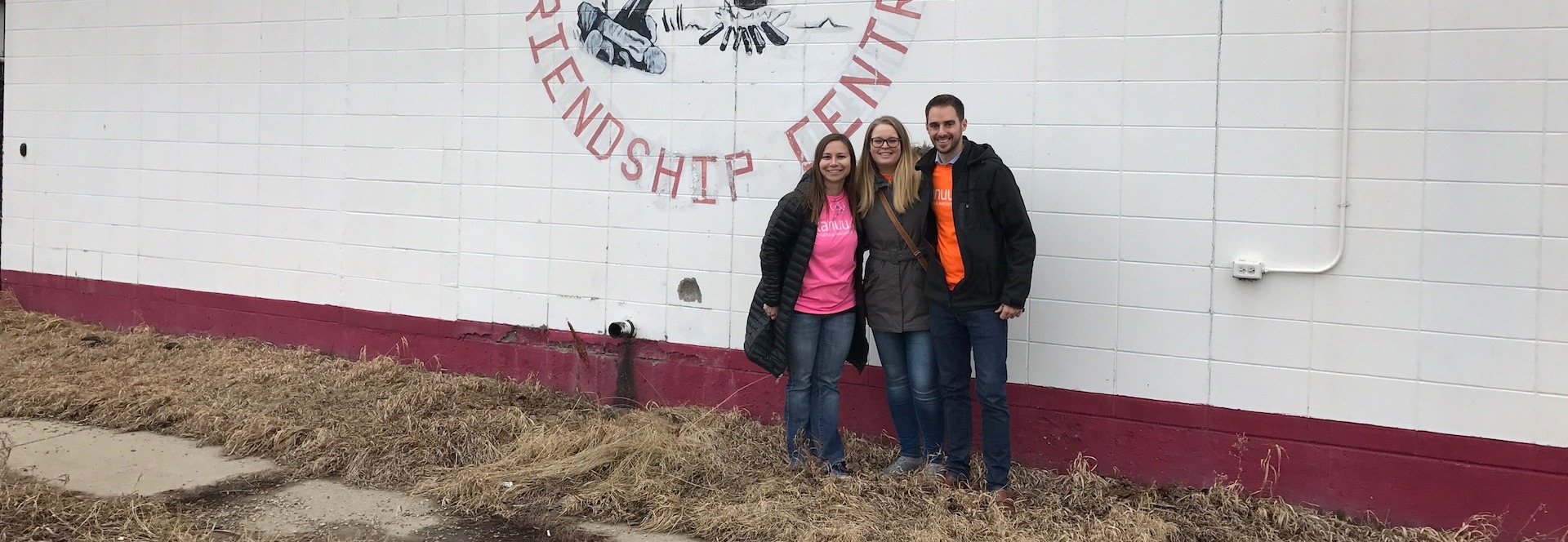
2 May 2018
Case Study: Indigenous Social Enterprise Workshops
In 2014, our President Ken Gauthier was invited on a traditional moose hunt near Fraser Lake, BC, with Paul Lacerte (and his Son Kelleh), then Executive Director of the BC Association of Aboriginal Friendship Centres. Paul and his family, originally of Carrier ancestry of the Nadleh Whut’en First Nation, routinely harvest moose during the late summer months as a means to sustain their family and community through the winter months. Paul and Ken had met and became acquainted as participants in the BC Social Innovation Council and the subsequent BC Partners for Social Impact.
Over the course of several days together in the woods of North Central BC, they discussed the stories they were hearing and were inspired by about social entrepreneurship, and contrasted them to the lived experience of the Indigenous Community. They wondered about the definitions (of social enterprise, of social entrepreneurship) and whether they were relevant in the Indigenous context, they considered accessibility of the current resources that were available to prospective social entrepreneurs at the time and whether those resources considered the unique perspective and circumstances of the Indigenous Community. Most, if not all, of the resources that were available to non-indigenous social entrepreneurs were either online or located within major urban centres like Vancouver. None were developed with Indigenous entrepreneurs in mind; considering the unique cultural context, the often remote geography with limited internet access (if any), and the starting point in most communities that were just emerging from generations of trauma. And they wondered about what they could do to change it.
So in 2015 Urban Matters CCC partnered with the BCAAFC to establish some base line funding to further explore and get a better understanding of the social enterprise development ecosystem in BC’s Indigenous communities. This needs assessment identified in the order of 30 separate programs for Indigenous entrepreneurs of all sorts. When Community members and the service providers themselves were queried about the effectiveness of this available programming, all commented that these were all ‘stop-gap’ measures, come-to-the-instructor type programs that really were not designed with the Indigenous entrepreneur in mind. They were not designed for the end user. Furthermore, while entrepreneurship programs existed, there were no programs that took a particular interest in social enterprise, or enterprise models that looked beyond the single financial bottom line.
Moving forward, we decided that to even attempt to generate more meaningful outcomes we needed to 1) ensure that skill development and financial resources to support social entrepreneurship for Indigenous people needed to be designed for and brought to their communities, and 2) Urban Matters CCC itself did not have the contextual understanding to develop or deliver the right program alone. While we believed we could be a piece of the puzzle, helping to find champions, and supporting testing and prototyping; we knew this was a resource that needed to be developed by the Indigenous Community for the Indigenous Community.
With that in mind, we set out searching for the right partner, and in 2016 one of the critical missing pieces fell in to place – we were able to start working with Danielle Levine. Danielle herself is entrepreneurial, and brought with her a wealth of experience, having most recently ran the Ch’nook Indigenous Business Education program at the Sauder School of Business at the University of British Columbia. Danielle is a social enterprise practitioner herself, holds an MBA from Royal Roads University, is originally from Winnipeg, MB, and is of Metis ancestry. She’s a passionate advocate for social enterprise and innovation in Indigenous communities. Danielle was an invaluable addition – and she brought with her relevant curricula for workshops and training to get started with.
While the concept and needs assessment had been done in BC in 2015, in 2017 we had the opportunity to partner with the Aboriginal Friendship Centres of Saskatchewan to further pilot the content and the delivery. Danielle, with Urban Matters’ support, was able go to communities and delivering culturally and contextually relevant material – ‘in-reach’ into Community. This type of programming was valuable, and we were able to consider of how it might be delivered through a social enterprise venture on a sustainable, on-going basis.
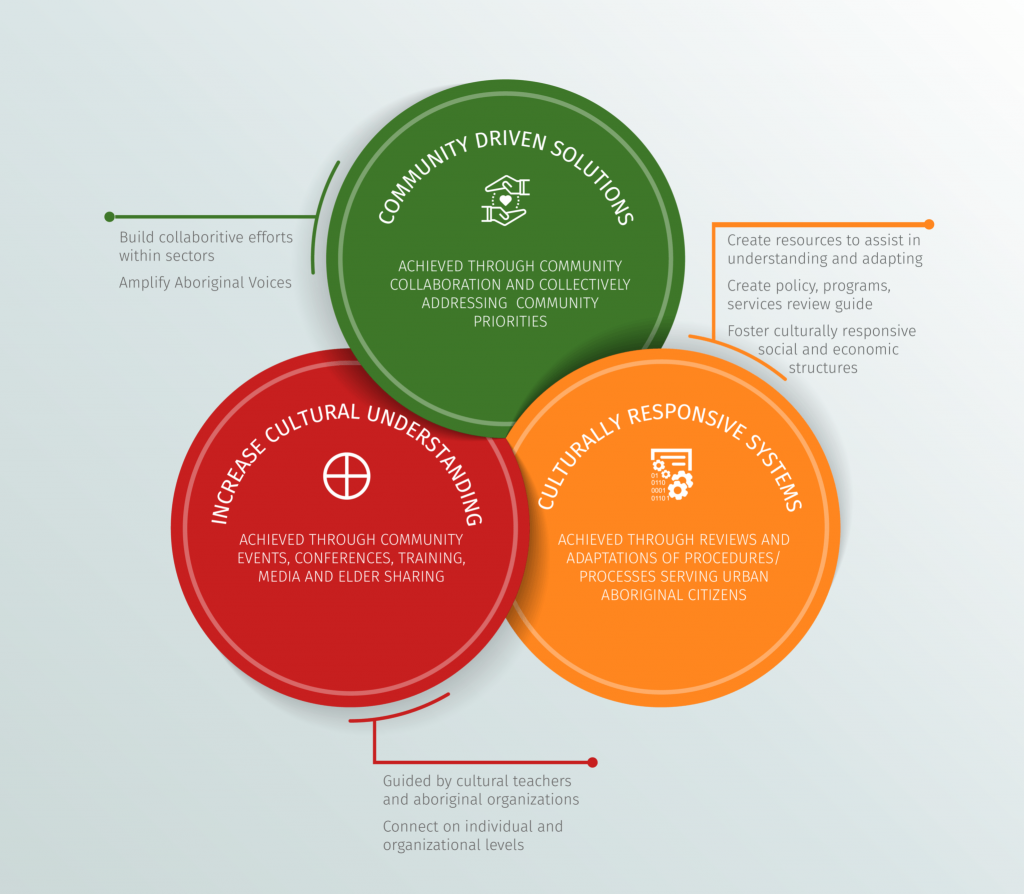
The workshops were well received, and well attended – overall a very successful project. We viewed the endeavor as a successful prototyping exercise for a new social enterprise focused on delivering social entrepreneurship training in Indigenous communities. Following this success, in 2017 we launched and continued to support the development of Kanuu Indigenous Innovation Society, and we formally hired Danielle as its first CEO, as the primary vehicle through which these services were to be delivered. Kanuu and Danielle had some early positive experiences, and also some setbacks in this incredibly complex environment. 2018 is a year of reflection for Kanuu, as we take stock of what went well, where we made mistakes, and how we might approach the barriers to success in this complex but critical area.
For more information:
Ken Gauthier, Social Entrepreneur and President. kgauthier@urbanmatters.ca
Danielle Levine, Kanuu Executive Director. aboriginalsocialenterprise@gmail.com


